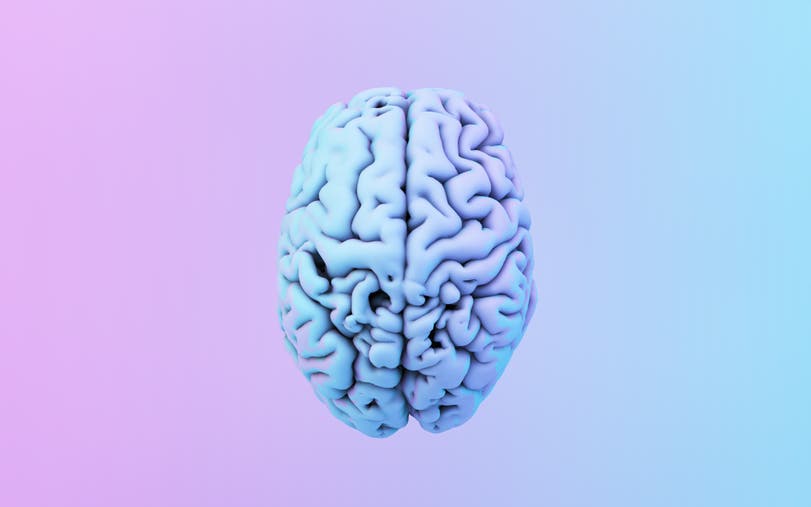High hopes
New breakthroughs in Alzheimer’s diagnostics may someday soon let us substantially alter the course of the disease.

The fight against Alzheimer’s disease got a huge win last year when the FDA approved a blood-based diagnostic.
Catching Alzheimer’s early is key. We now know that the disease begins 15-20 years before you start to see any signs. A simple, accurate, and easy-to-run blood test will make routine screening possible, identifying patients long before they experience cognitive decline.
Every time I learn about a new breakthrough, I get more excited about a future where no one has to suffer from this horrible disease ever again. I first became interested in Alzheimer’s because of its costs—both emotional and economic—to families and healthcare systems. My dad died from Alzheimer’s, so my family knows firsthand how devastating it is to watch people you love struggle as the disease robs them of their mental capacity.
In the United States, Alzheimer’s disease is the sixth most common cause of death—and yet as of today, there is no meaningful treatment for it. I’m hopeful that will change soon. There is a lot of amazing work being done in this field to delay Alzheimer’s and reduce its cognitive impact, and I’m lucky to support some of it. I believe Alzheimer’s is a frontier where we can dramatically improve human life.
People should be able to enjoy their later years—and we need lots of breakthroughs in Alzheimer’s to fulfill that.
As life expectancies rise, disease prevention becomes critical to controlling health challenges
Nearly 7 million people in the U.S. are living with Alzheimer’s, with almost 1 in 9 over 65 affected.

not shown
/work/cure-alzheimer-s